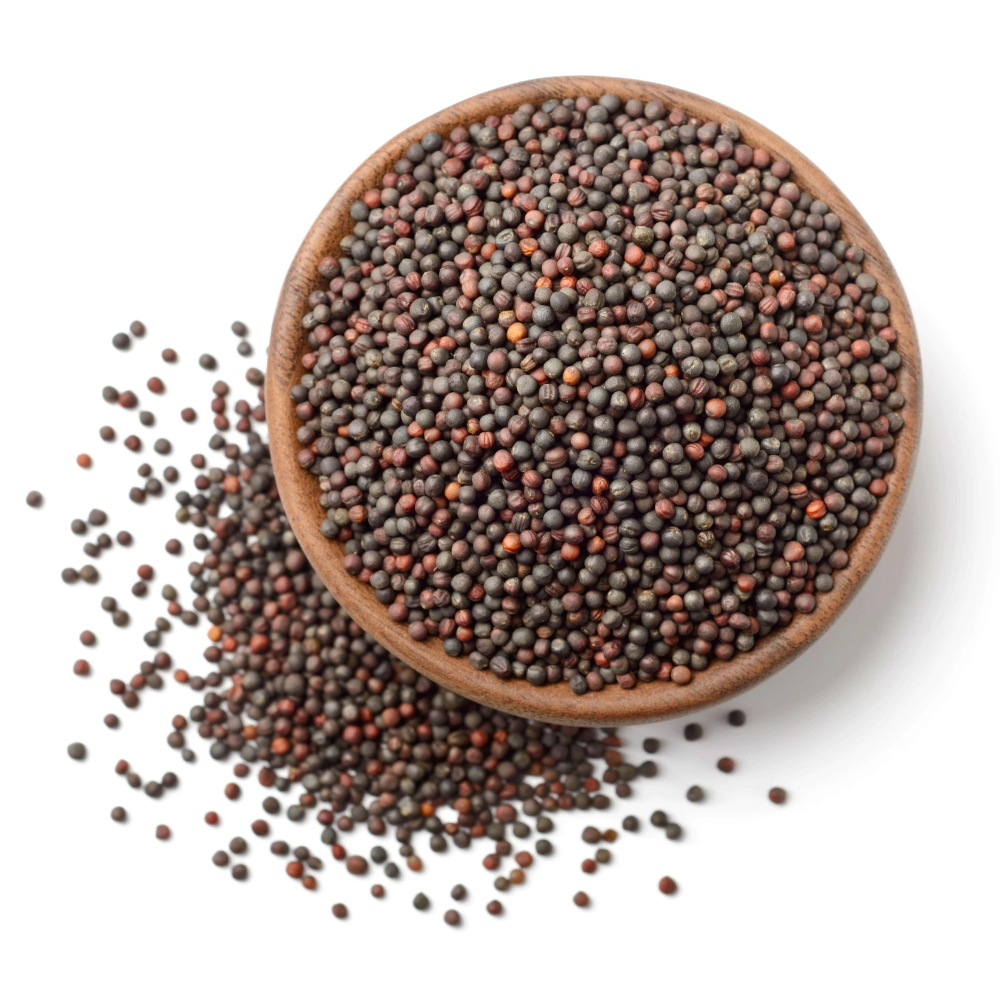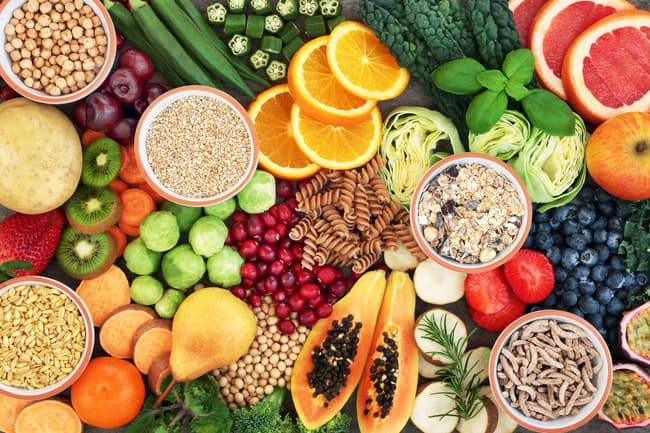
All About Caffeine


What Is Caffeine?
Is caffeine the same thing as coffee? Well, when you are drinking coffee, you will ingest the natural caffeine that is inside of the coffee bean. Caffeine is natural chemical found in plants (seeds or leaves) and can be used as a stimulant drug, which means it speeds up the messages travelling between the brain and the body. Caffeine works by stimulating the central nervous system (CNS), heart, muscles, and the centers that control blood pressure. These causes an increased alertness and gives most people a temporary energy boost and elevates mood.
Caffeine works by stimulating the central nervous system (CNS), heart, muscles, and the centers that control blood pressure.
Recommended Daily Intake on Caffeine.
According to the US Food and Drug Administration (FDA), the recommended daily intake of caffeine that’s considered safe to be consumed for healthy adults is up to 400 mg of caffeine/day. However, women who are pregnant or who are trying to become pregnant and those who are breast-feeding are recommended to limit their caffeine intake to less than 200 mg daily. This is a safe amount that will not cause any harm to the developing fetus or the growing infant. Further, the safest caffeine intake for teenager age 12 to 18 years old is 100mg.
Pros and Cons of caffeine intake
Just like any drugs, caffeine has its good and bad effects when consumed, that is why, moderation is key. Its effects vary from person to person depending on their weight, gender, medication and their overall health.
- Pros
- Decrease fatigue and increase alertness.
- Improve mental functioning such as improving short term memory and reaction times.
- May assist in weight management as it may boost metabolism and improves digestion.
- May enhance exercise performance by increasing the use of fat as fuel.
- May lower the risk of developing some types of cancers.
- Cons
- Higher doses of caffeine can cause anxiety, dizziness, headaches, and the jitters. Caffeine can also interfere with normal sleep.
- Caffeine is a mild diuretic; this means it causes a person to urinate more. It’s best to stay away from too much caffeine in hot weather, during long workouts, or in other situations where you might sweat a lot to prevent dehydration
- Caffeine also may cause the body to lose calcium as it may block and interfere calcium absorption.
- Caffeine can worsen certain heart problems.
- It also may interact with some medicines or supplements






